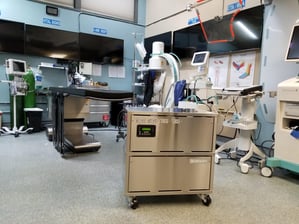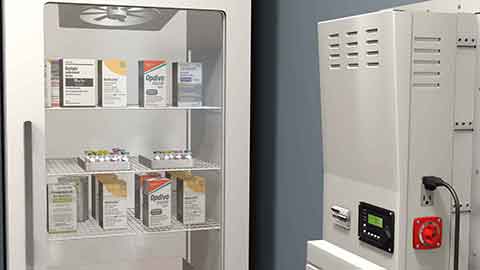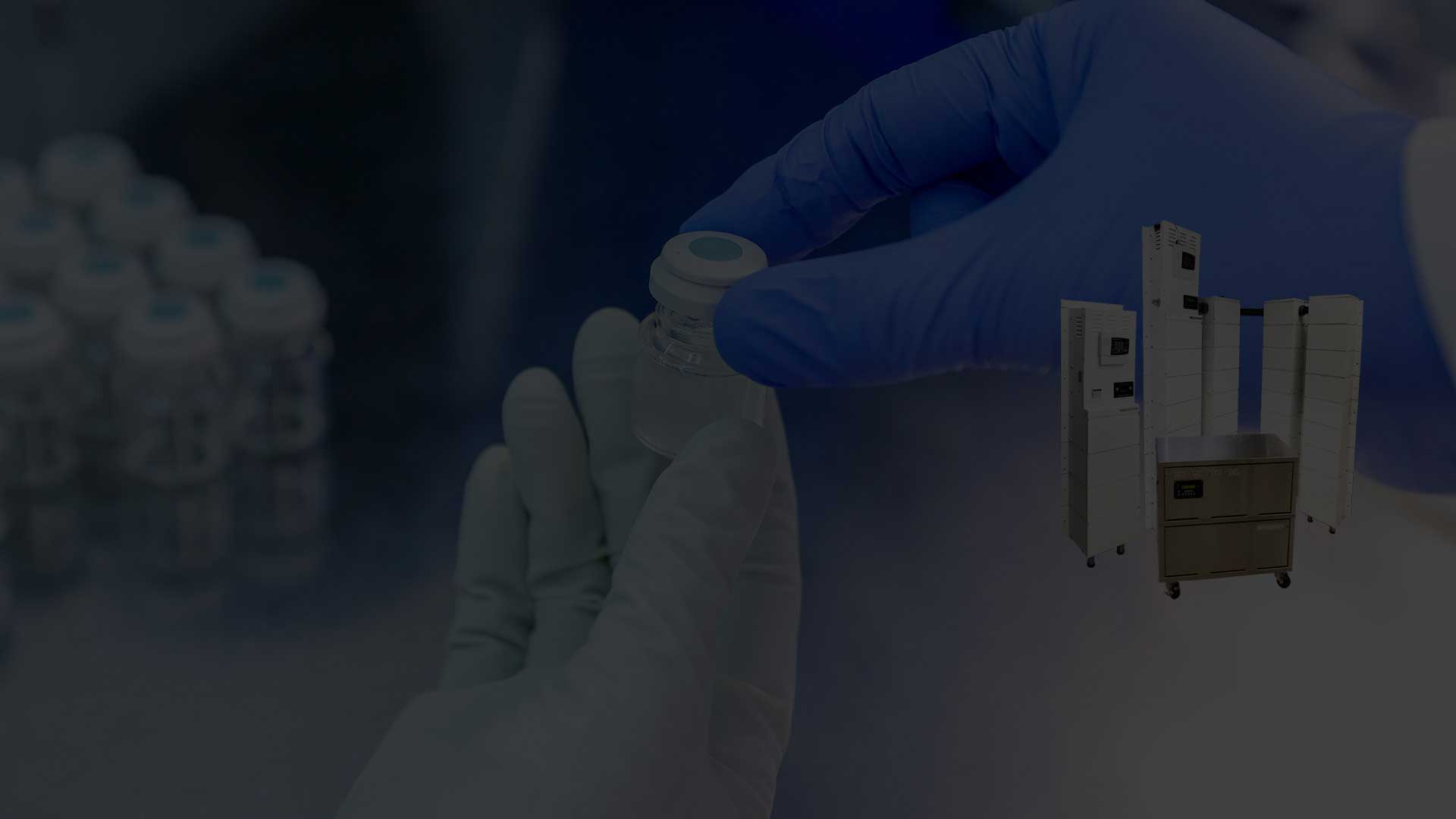Concerned About Meeting Regulations and Certifications? What Are The Key Requirements For Surgery Center Approval?
In case you missed it, catch up on the previous entries in our series detailing the design of surgery centers and how backup power fits in.
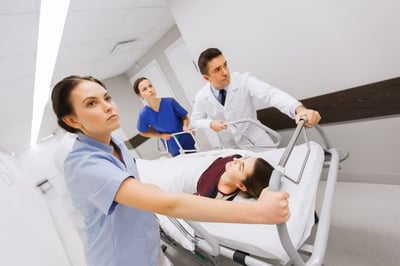 Ensuring patient safety and top-notch medical care are paramount. To achieve these goals, surgery centers must navigate through a myriad of regulations and certifications. As the demand for outpatient services continues to surge, it becomes imperative for these facilities to meet rigorous standards to gain approval and provide services with confidence.
Ensuring patient safety and top-notch medical care are paramount. To achieve these goals, surgery centers must navigate through a myriad of regulations and certifications. As the demand for outpatient services continues to surge, it becomes imperative for these facilities to meet rigorous standards to gain approval and provide services with confidence.
In this article, we delve into the essential requirements for surgery center approval, with a focus on the significance of backup power in healthcare facilities and safeguarding patients, medicines, vaccines, test samples, and other biomedical materials. Embark on this journey to unlock the secrets to securing your center's success and delivering exceptional care to patients.
Complying with Accreditation Standards:
 The Foundation of Trust One of the most critical steps in achieving surgery center approval is obtaining accreditation from reputable organizations such as the Accreditation Association for Ambulatory Health Care (AAAHC) or The Joint Commission.
The Foundation of Trust One of the most critical steps in achieving surgery center approval is obtaining accreditation from reputable organizations such as the Accreditation Association for Ambulatory Health Care (AAAHC) or The Joint Commission.
Accreditation serves as a seal of approval, assuring patients and stakeholders that the center meets strict quality and safety standards. During the accreditation process, center prepare for assessment by strict adherence to clinical protocols, infection control measures, and patient rights, among other crucial elements.
Ensuring Continuous Power Supply:
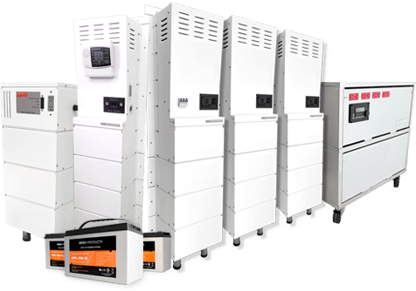 The Vital Role of Backup Power In the realm of healthcare, reliable power supply can make a life-saving difference. Power outages pose serious threats to patient safety and can jeopardize critical biomedical materials. Backup power solutions, such as uninterruptible power supply (UPS) systems and emergency generators, are indispensable for surgery centers.
The Vital Role of Backup Power In the realm of healthcare, reliable power supply can make a life-saving difference. Power outages pose serious threats to patient safety and can jeopardize critical biomedical materials. Backup power solutions, such as uninterruptible power supply (UPS) systems and emergency generators, are indispensable for surgery centers.
These systems ensure uninterrupted electricity during blackouts, allowing surgeries to proceed without interruptions and preserving the integrity of temperature-sensitive medications, vaccines, and test samples.
Facility Design and Equipment:
Creating a Safe and Efficient Environment The physical design of a surgery center plays a crucial role in patient safety and the overall efficiency of operations. Centers must prioritize infection control and adopt best practices in facility design. 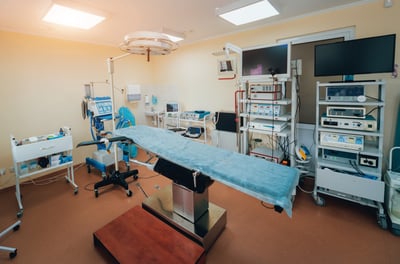
Ensuring proper ventilation, using materials easy to clean and disinfect, and implementing spacious patient areas are crucial elements. Investing in state-of-the-art equipment, surgical instruments, and advanced imaging technologies enhances diagnostic accuracy and surgical precision, earning the trust of patients and medical professionals alike.
Patient Safety Protocols:
Putting Patients First Safety is the cornerstone of every successful surgery center. Centers must implement comprehensive safety protocols to minimize the risk of adverse events and protect patient well-being. This includes stringent pre-operative assessments, proper patient identification, and robust infection control measures. Clear communication between medical staff and patients is vital to ensuring that patients are well-informed about their procedures and post-operative care.
Regulatory Compliance:
Navigating Legal Requirements In addition to obtaining accreditation, surgery centers must also comply with state and federal regulations. These regulations cover a wide range of aspects, including licensing, record-keeping, and patient confidentiality. Staying up to date with changing regulations is crucial to avoid potential legal and operational challenges.
CONCLUSION
Meeting the requirements for surgery center approval is a multi-faceted journey that demands dedication, attention to detail, and a commitment to patient safety. By achieving accreditation, prioritizing backup power solutions, ensuring facility design and equipment meet high standards, recruiting skilled staff, and adhering to regulatory compliance, outpatient surgery centers can gain the trust and confidence of patients and stakeholders.
As centers navigate through the intricacies of regulations and certifications, their focus on safeguarding patients, medicines, vaccines, test samples, and other biomedical materials remains central. Embracing these key requirements will not only secure surgery center approval but also elevate the quality of care provided, setting the stage for a successful and thriving outpatient surgery center ready to meet the needs of a growing healthcare landscape.



